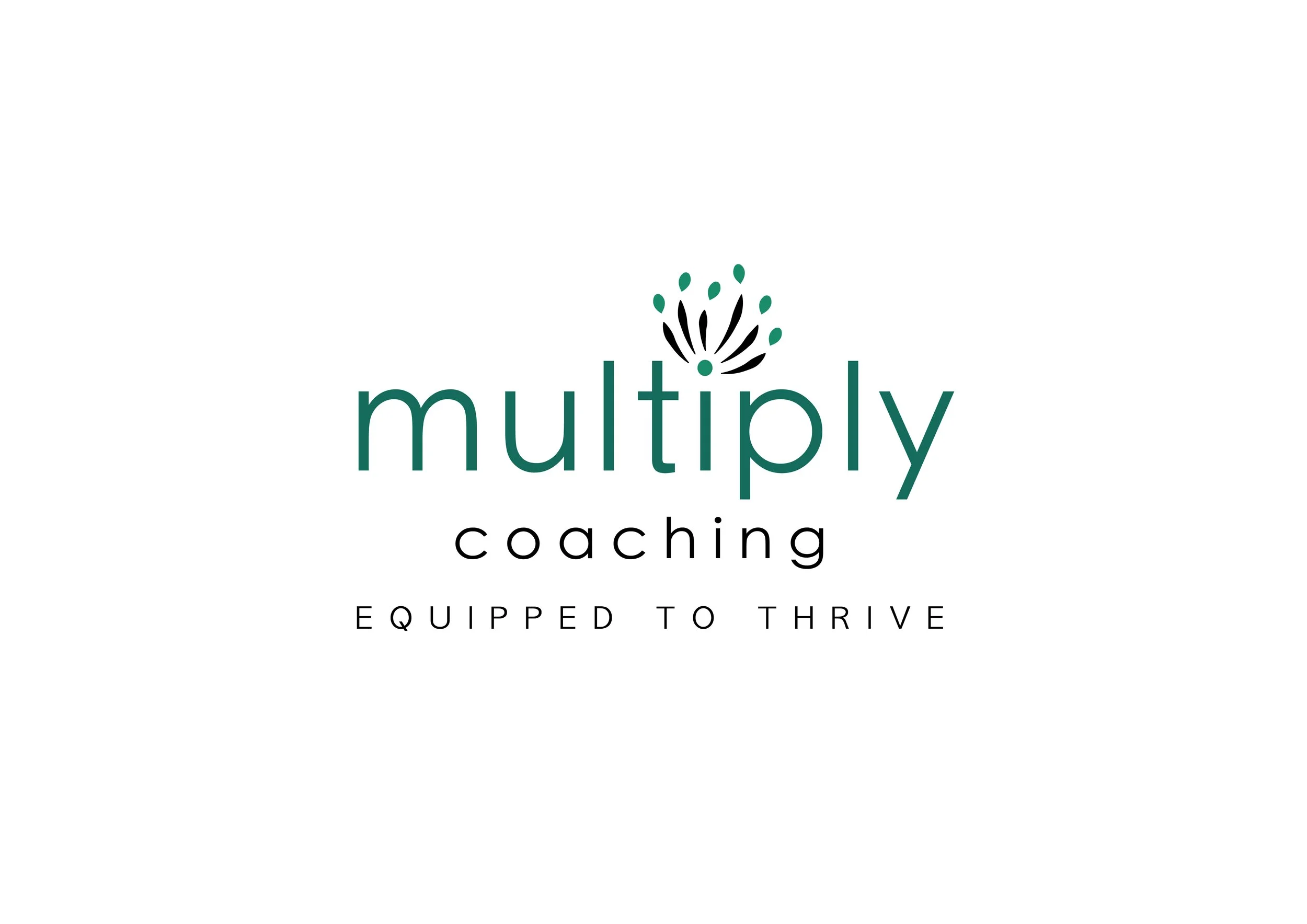Conflict costs employers dearly
Conflict costs employers nearly £30bn a year. What can we do about this?
According to a report from the University of Sheffield, workplace conflict costs employers nearly £30bn a year and has a massive impact on employees wellbeing.
Early intervention and training in de-escalating conflict can help reduce unnecessary resignations, dismissals and legal intervention.
Professor Richard Saundry from the University of Sheffield’s Management School, said: “The findings in this report create a strong business case for investing in the capacity to prevent, contain and resolve conflict. Perhaps most importantly we need to give managers the interpersonal skills they need to develop positive relationships with their staff and intervene early, informally and effectively before problems escalate.”
If you would like to find out more about training in de-escalating conflict, understanding each other as a team, mediation or coaching, contact office@multiplycoaching.com
Grand Opening of Shop
Mentoring within an organisation helps encourage growth and development of all involved.
Plymouth Vineyard have opened a new Children’s Storehouse and Uniform Store. The Children’s Storehouse give clothes, baby & children’s equipment free of charge to disadvantaged families in Plymouth and the Uniform Store redistributes uniform to anyone who needs it.
Many recipients are vulnerable through poverty and domestic abuse; asylum seekers; young parents; and people in social isolation.
I was honoured to be invited for the weekend to launch Plymouth Vineyard’s formal mentoring programme with a leaders training afternoon.
Starting a mentoring programme within an organisation in this setting will encourage personal growth & development of all involved, can positively support mental health and improve employee wellbeing.
If you would like to launch or improve your mentoring within your workplace, contact me on vicki@multiplycoaching.com
Feedback
Feedback is essential for both the trainer and the learner.
Feedback is essential to help both the trainer and learner.
Open ended questions enable those being trained to share any aspect of their learning that could be improved or that was particularly impactful.
Recent feedback from a leaders training event included the following feedback:
"Valuable insight to be more confident in myself."
"Everyone contributed- good, clear information, thank you."
"All parts went well- I learned how to put my gifts/talents into practice and how other people's strengths can be used."
To book training or coaching, email me: vicki@multiplycoaching.com
What is the role of a mediator?
Many of us are struggling with conflict right now, whether it is in the workplace, or families, in our communities or elsewhere. Sometimes, conflict becomes so bitter or destructive that a mediator has to be employed. So what is the role of a mediator?
How are your work relationships right now?
Do you know your colleagues are there for you, supporting you and encouraging you… or is your workplace sometimes a war zone- a place of conflict and high emotion?
Many of us are struggling with conflict right now, whether it is in the workplace, or families, in our communities or elsewhere. Often we can smooth over or resolve the conflict, but sometimes, conflict becomes so bitter or destructive that a mediator has to be employed.
So what should we expect of a mediator?
We listen to each party individually, ensuring that they have an opportunity to work out what would be a preferable outcome for each of them. Then we bring the two parties together- looking to bring a shared outcome and working toward that outcome together.
Often it is like the 2 parties aren’t prepared to look at each other, but are able to look at and communicate with the mediator as they pull both parties toward the goal. If some sort of agreement and actions can be reached between the parties, we work through how each party acts if the disagreement issue happens again- what each party has permission to do or not do.
For example- I worked as a mediator in a company where 2 people were not able to talk or work together at all. The one party was “sick and tired” of putting up with the “overbearing, loudly spoken, pushy, know-it-all” (the other party). In the end- the quieter person had enough and broke- shouting, slamming doors then ending up being signed off work.
I talked with both parties and both of them were extremely affected by the disagreement- feeling stressed, needing antidepressants and time off work. The relationship had broken and neither party could see a way forward.
Shared outcome
Both parties identified to me that they wanted to be able to work in a more peaceful environment. We used this as the main aim for the mediation and looked at how certain behaviours from each party had contributed toward the conflict.
We then looked at specific ways forward and developed a plan that included actions for each party if they felt the agreement actions had been broken.
The 2 parties are not best friends, but are able to now work productively together, helping their mental and physical health, saving their company thousands in sick pay and having a positive impact on all who work with them.
If you want to find out more about mediation, conflict management, coaching or helping your team work well together, please contact vicki@multiplycoaching.com








